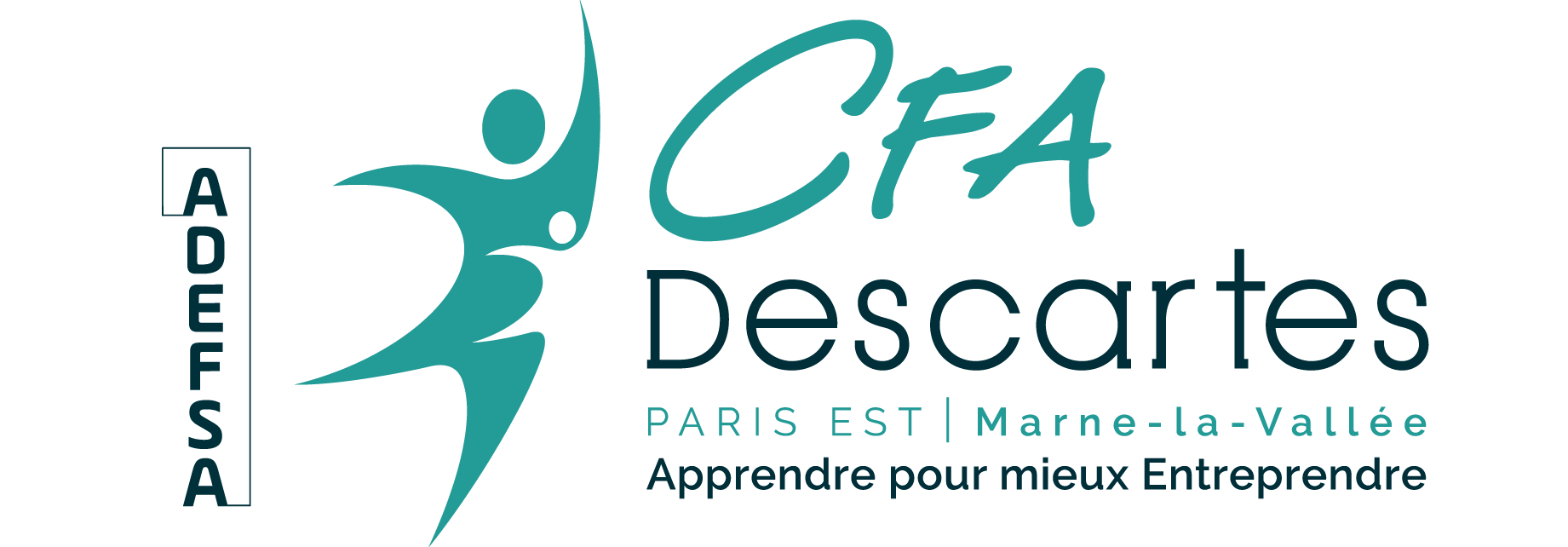Master's degree Software and data engineering


Entry requirements
Admission is based on the student's application. Admission to M2 requires four years of higher education after a high school diploma, or equivalent.
Benefits of the program
This course combines training in the software technology most valued by businesses and advanced classes leading to research professions. It draws on the skills of a renowned research team and is supported by the Bézout Labex. A large part of the course is project-based training.
Acquired skills
The course delivers skills in software development and IT project management.
Graduates of the Master’s in Software are proficient with cutting-edge technology, including Java EE, Android, big data, and Scala. They have practical experience from tutorials and software development projects.
The optional units each target an area (big data, operating systems, linguistic engineering, artificial intelligence and robotics) in which a research and technological innovation project is implemented.
Capacities
50
Course venue
Your future career
There is a wide range of professional opportunities, both in terms of sector of activity and type of job. They range from application development to information systems management.
It is also possible to pursue a PhD at the university's doctoral school.
Calendar
Work placement in M2 from April on (15 ECTS, four months min.).
Work-study programme: One week at university, one week at a company.
Semester 3
| Courses | ECTS | CM | TD | TP |
|---|---|---|---|---|
|
Application d'entreprise front-end
Développement d’interface utilisateur en Java pour la plateforme Android | 3 | 12h | 12h | |
|
Application d'entreprise Back-end
Introduction des bases de la programmation en Java EE. Les notions principales présentés sont : Persistence (ORM, notion de data source), injection de dépendances, EJB, configuration d'un conteneur, servlet, services REST, frameworks MVC. Les étudiants travaillent sur des TP pour chaque notion et ensuite ils préparent un projet. | 4 | 25h | ||
|
English
Our English courses are designed to improve your everyday English and help you gain real language skills, which are useful in everyday and professional life. Classes are interactive, challenging and with specific goals that help you move toward your goals. Your teacher gives you structured tasks, tracks your progress, and gives you tips that help you express yourself more easily in English and feel more confident about yourself. | 3 | 24h | ||
|
Generic programming in C ++
Le DevOps est une évolution majeure dans le monde du développement, nous nous focaliserons sur l'intégration / le déploiement / la supervision / la mesure en continu afin de réduire les cycles de feeback. La culture DevOps consiste à accroitre la collaboration (lean / agile) entre le milieu du développement et des opérations, en passant par des outils d'automatisation permettant d'exploiter une infrastructure | 3 | 12h | 12h | |
|
SCALA functional programming
Functional programming progressively moves from being a manly academic subject to being a viable alternative to the long-lived, widespread and well established paradigms used in the industry. This course covers the main concepts of the functional paradigm (functions, referential transparency, typeclasses etc.). It will do so using the Scala programming language which is widely used in the industry, especially within the BigData community. The tools and techniques covered in the course will be hands-on and illustrated with code examples. | 3 | 8h | 16h | |
|
Design Paterns
| 2 | 25h | ||
|
Machines Virtuelles
| 2 | 14h | ||
|
Rest, Transactions & Services Web
| 2 | 8h | 8h | |
|
Cloud computing and distributed computation with MapReduce
This course presents the main concepts of cloud computing (IaaS, PaaS, SaaS; public, private and hybrid cloud) and of distributed computation. We will consider the design of algorithms for the MapReduce framework (map, shuffle, reduce) over relational and graph data. Understanding the main abstractions and components of the Apache Spark framework (Spark Core, SparkSQL, GraphX) | 4 | 10h | 10h | |
|
Big data database systems
This course focuses on the data models, query processing approaches, data and processing distribution, fault tolerance and concurrency control methods of the database management systems used in the context of Big data. Systems belonging to the NoSQL and newSQL categories will be studied. | 4 | 14h | 14h |
Semester 4
| Courses | ECTS | CM | TD | TP |
|---|---|---|---|---|
|
Symbolique Artificial intelligence and reasoning
This course concerns the knowledge representation branch of artificial intelligence. We will study the main reasoning methods pertaining to logic-based approaches (first order logic and description logics). In the context of the W3C Semantic Web recommandations, you will learn about ontology design; storing, querying and reasoning over knowledge graphs. | 4 | 12h | 12h | |
|
Concepts and tools for the data engineer
This course complements the ‘Big data database systems’ and ‘Cloud computing et calcul distribué avec le framework MapReduce’ by considering the main concepts of stream processing: batch vs stream processing, stream processing engine, window-based querying, fault tolerance, impact of pub-sub systems in such architectures. It also covers aspects concerning the automatization of deployment, scalability and containerization of applications presents concepts. | 3 | 14h | 14h | |
|
Introduction to data science and its tools
This unit of values is an introduction to the concepts, tools and algorithms used in data-science. The main problems of statistical learning are introduced (supervised learning, classification, regression, clustering, dimension reduction) as well as methodologies to control the performance of algorithms (cross validation, leave one out, ...). Different algorithms for dealing with these problems (K-means, CAH, ACP, SVM, Decision Tree, ...) are presented in detail as well as the usual python libraries to implement them. The unit of value is indeed a large place to practice through TP in Python and a project. | 3 | 12h | 12h | |
|
Internship
The internship in a company is a training mode where the student combines the theoretical knowledge gained practical experience in the workplace. He thus prepares, in a gradual way, to exercise the professional activity for which he is destined. | 15 | |||
|
Communication
Ce module s'intéresse aux aspects de communication, de rédaction et de méthodologie dans un contexte de recherche ou opérationnel | 2 | 20h | ||
|
Gestion de projet agile
Ce cours présente les principes de développement d'applications concurrentes temps réel avec la spécification pour Java Temps Réel (RTSJ). On y décrit: les caractéristiques des threads temps réel et des modèles de trafic. L'ordonnancement, l'analyse de faisabilité et la détection de surcharge. La gestion des évènements asynchrones et le ttraitement des tâches apériodiques. | 3 | 6h | 12h |
CARAYOL Arnaud (M1-M2)
CURE Olivier (M2)
VANTIEGHEM Nicolas (M2)
Partners

Double diplôme avec l'Université de Palerme.

